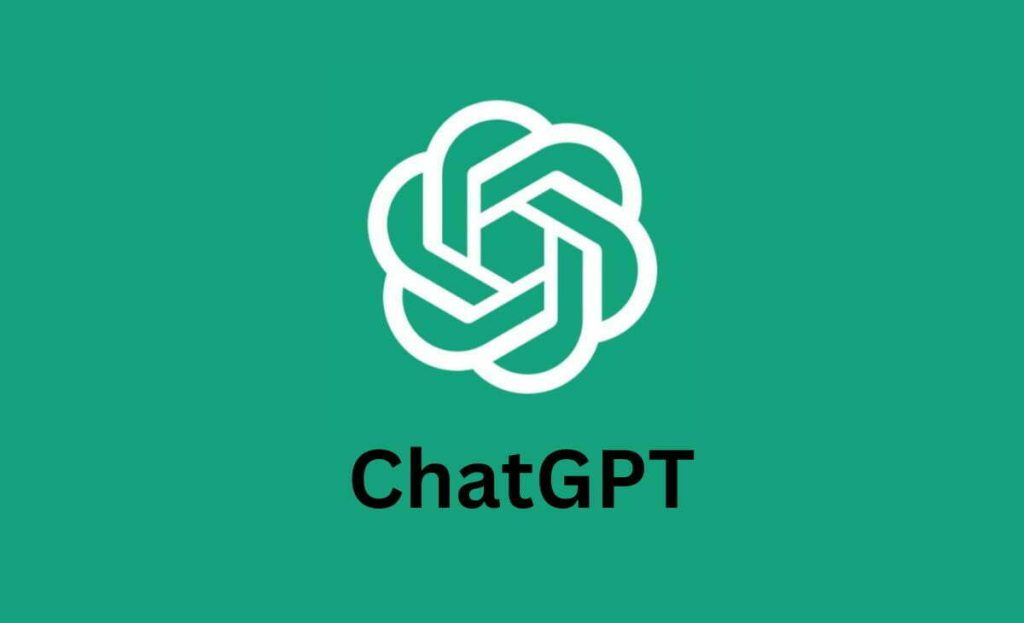OpenAI is preparing to launch an AI-powered web browser that could challenge Google Chrome’s dominant market position. The browser is expected to debut in the coming weeks and aims to change how users interact with the web fundamentally.
The new browser will reportedly integrate AI capabilities directly into the browsing experience, allowing for more intelligent and task-driven user interactions. Instead of simply directing users to websites, the browser is designed to keep many interactions within a native ChatGPT-style interface.
If adopted by ChatGPT’s 500 million weekly users, the browser could seriously threaten Google’s ad-driven ecosystem. Chrome is critical in Alphabet’s advertising revenue, accounting for nearly three-quarters of the company’s income by collecting user data and directing traffic to Google Search.
By building its browser, OpenAI would gain more direct access to user behaviour data, improving its AI models and enabling new forms of web engagement. However, this move is part of OpenAI’s broader strategy to integrate its services into users’ personal and professional lives.
The browser will reportedly support AI ‘agents’ capable of performing tasks such as making reservations or filling out web forms automatically. These agents could operate directly within websites, making the browsing experience more seamless and productive.
While OpenAI declined to comment, sources suggest the browser is built on Google’s open-source Chromium codebase—the same foundation behind Chrome, Edge, and Opera. However, this allows OpenAI to maintain compatibility while customising user experience and data control.
Competition in the AI-powered browser space is heating up. Startups like Perplexity and Brave have already launched intelligent browsers, and The Browser Company continues to develop features for AI-driven navigation and summarisation.
Despite Chrome’s 3-billion-strong user base and over two-thirds of the browser market share, OpenAI sees an opportunity to disrupt the space. Apple’s Safari holds second place with just 16% of the global share, leaving room for new challengers.
Last year, OpenAI hired two senior Google engineers from the original Chrome team, fueling speculation that the company was eyeing the browser space. One executive even testified that OpenAI would consider buying Chrome if it were made available through antitrust divestiture.
Instead, OpenAI built its browser from the ground up, allowing greater autonomy over features, data collection, and AI integration. A source told Reuters this approach ensures better alignment with OpenAI’s goal of embedding AI across user experiences.
In addition to hardware acquisitions and agent-based interfaces, the browser represents a crucial link in OpenAI’s strategy to deepen user engagement. The company recently acquired the AI hardware firm io, co-founded by Apple’s former design chief Jony Ive, for $6.5 billion.
The browser could become the gateway for OpenAI’s AI agents like ‘Operator,’ enhancing productivity by turning passive browsing into interactive assistance. Such integration could give OpenAI a competitive edge in the evolving consumer AI landscape.
Meanwhile, Google faces legal challenges over Chrome’s central role in its ad monopoly. A US judge ruled that Google maintains an unlawful hold over online search, prompting the Department of Justice to push for divestiture of key assets, including Chrome.
OpenAI’s entry could spark a broader shift in how consumers, businesses, and advertisers engage with the internet as the browser race intensifies. With built-in AI capabilities and task automation, browsing may become a different experience.
Would you like to learn more about AI, tech and digital diplomacy? If so, ask our Diplo chatbot!










